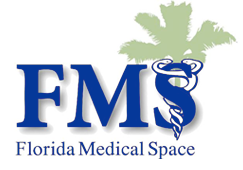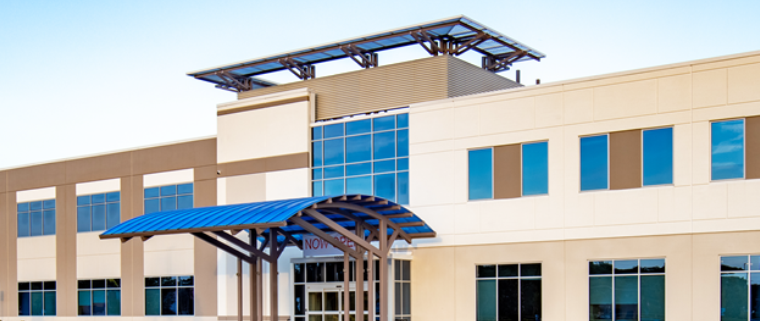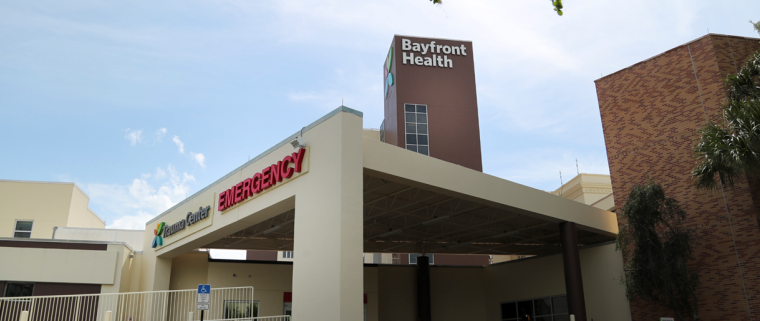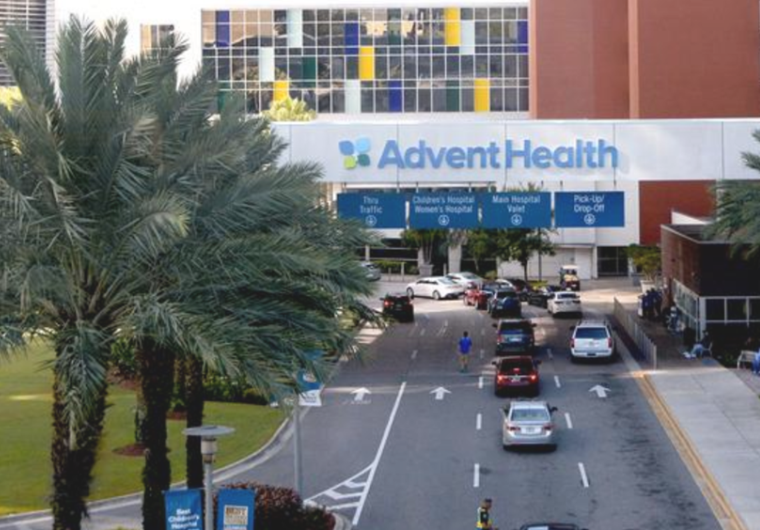Architecture and engineering firm Stellar has been selected by Flagler Health+ to design and build a $150 million health and wellness campus in the Durbin Park section of St. Johns County, to be sited between Interstate 95 and State Road 9B.
A recent release from Stellar, based in Jacksonville, said that the firm will be collaborating with Flagler Health+ and University of Florida Health on the project, whose conception entails medical residency programs, a hospital complex as well as educational opportunities for residents and fellows at the campus. Furthermore, plans for down the road at the facility entail ambulatory medical services.
Architect Gresham Smith will collabrote with Stellar on the five-year, 42-acre buildout project, which is anticipated to break ground sometime this fall and be completed in 2025.
“Stellar is excited to be the design-builder for this innovative new concept in health and wellness,” Richard Lovelace, senior vice president, commercial at Stellar, said in a recent statement. “After building two Health Villages for Flagler Health+ at Murabella and Nocatee, we are proud to continue our partnership and help bring comprehensive medical care to northern St. Johns County.”
Added Rick Bouchereau, vice president at architectural partner firm Gresham Smith, said in a statement that his firm is “honored to partner with Stellar on this transformative project for Flagler Health+ and this community. Our design for the Durbin Park campus will create a strong sense of place and embody Flagler Health+’s goals for a healthy community.”
Stellar employs nearly 800 professionals in such specialties as architecture, engineering and construction, and the firm specializes in construction management and design-build for projects around the nation. In addition to healthcare, their portfolio entails construction in the recreation, hospitality, industrial and military sectors.
Healthcare provider Flagler Health+ maintains a healthcare presence specifically in Northeast Florida, inclusive of working with local schoolchidren to educate them about behavioral health. Flagler Health+ falls under the umbrella of the 130-year-old Flagler Hospital, which is located in St. Augustine.
Source: HC+O News





